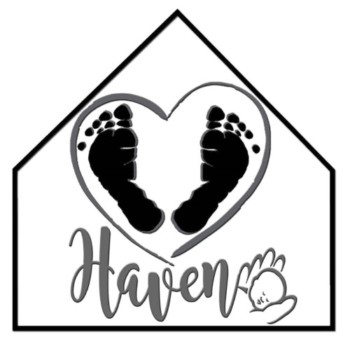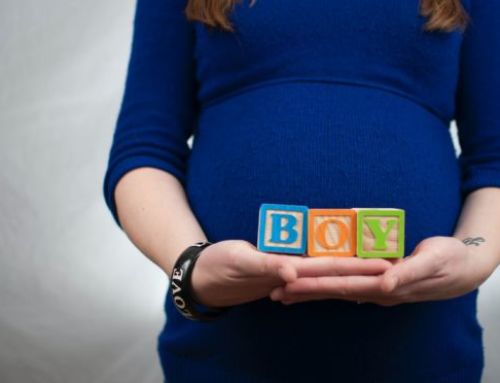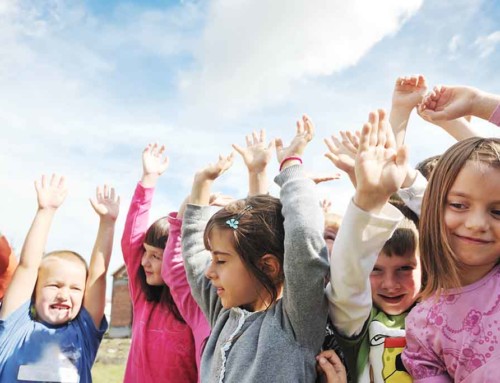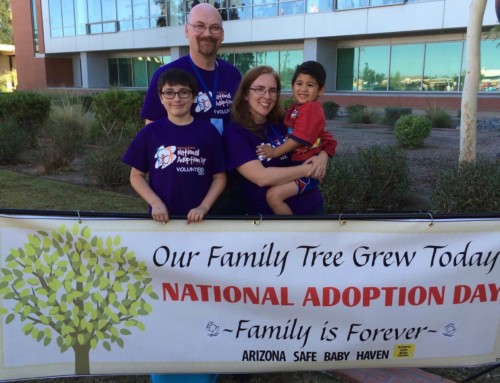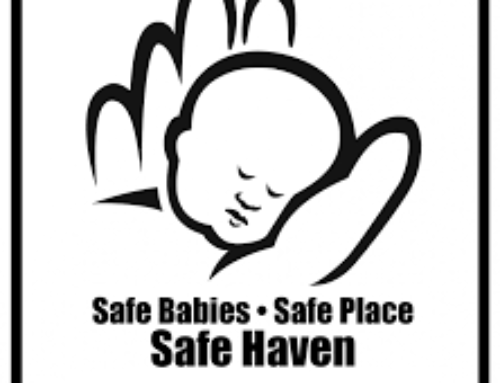Into the mind of … Heather Burner
Reprint from:
The head of the Arizona Safe Baby Haven Foundation talks about how Arizona can save more unwanted infants.
In a nutshell, how do baby safe havens work?
Arizona’s Safe Haven law, passed in 2001, states that a person will not face criminal charges for leaving an unharmed baby up to 3 days old with a Safe Haven provider, which includes fire stations, on-duty firefighters or emergency medical technicians, designated private welfare agencies, churches and hospitals. The individual must hand the baby to a person at any of these places unless there is a designated safe-haven drawer.
What happens to these children when they are left at a hospital or fire station?
The baby is treated by firefighters/emergency medical technicians and transported to a hospital.
At the hospital, when the newborn is medically stable, the public child-welfare agency will be notified and will work with hospital social workers to ensure immediate, approved adoptive care and placement for the baby.
Is it a very difficult thing to find adoptive parents for these children?
No, there are waiting lists of anxious, loving parents in Arizona to adopt a newborn.
In the dozen years baby safe havens have been law in Arizona, 24 children have been saved. Do you know what has become of them?
I do know some of the children that have been saved and they have been immediately adopted and are thriving, beautiful children!
Why is there so little public awareness about baby safe havens?
There has not been enough publicity in a positive and educational manner. Providing such education takes a tremendous amount of time, money and support.
What needs to be done to get the word out?
School districts need to implement short and direct educational programs into their health or physical-education curricula.
Additionally, we need support from our states’ businesses and citizens to provide donations for such things as public-service announcements, billboards, brochures and signs for hospitals and fire stations.
Is it possible that people who would never kill their newborn might drop them off at a hospital or fire station because they’re simply reluctant to raise a child?
Not everyone is willing or able to raise a child. Forcing those who are unwilling or unable to try to be parents is experimenting with babies’ lives.
In certain circumstances, the most responsible action parents can take is to ensure their newborn is in the hands of those who can provide love, proper care and a stable environment.
Why did you get involved with baby safe havens?
While working as a nurse in a busy emergency room, I had a tragic incident where a baby was abandoned in a garbage can in the emergency-room bathroom by a young and frightened mother.
At the time, my grandson was 2 weeks old, and as we tried to save this precious life, I realized that this could have easily been my grandson.
Unfortunately, we were unable to save this child and it broke my heart.
I then began my volunteer efforts with the organization as community event coordinator and have recently had the honor to take over as executive director.
